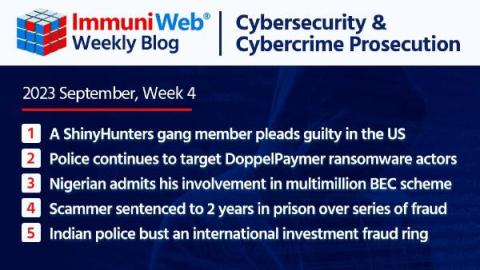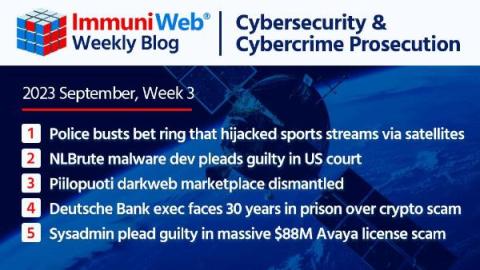MMRat: A new banking trojan
Many threat actors tend to gravitate towards using some type of remote access trojan (RAT) in their campaigns. RATs are a type of malware that is designed to allow the attacker to have control over an infected device. RATs are a popular choice for hackers to use due to their many capabilities from reconnaissance and data exfiltration to long-term persistence. Throughout the last couple of months, a new Android banking trojan has been making headlines.










